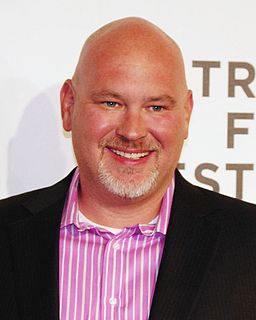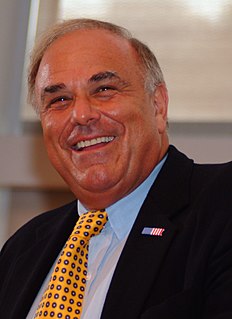A Quote by Charlie Kirk
Regulation often helps Big Industry remain entrenched in power. The burdensome costs of complying with any new regulation would be a rounding error for the likes of Facebook and Google, but it might completely destroy a promising start-up poised to challenge their dominance.
Related Quotes
I think (fantasy football) has become something that needs to be looked at in terms of regulation. Effectively, it's day trading without any regulation at all. When you have insider information, which has apparently been the case, when you have people who use that information, use big data to try and take advantage of it, there has to be some regulation. If they can't regulate themselves, then the NFL needs to look at moving away from them a little bit, and there should be some regulation.
An industry devoted to serving the public's right to know gives twisted and evil men the means of becoming known. This problem is not obviously amenable to a solution, and it certainly is not amenable to a legal one. A regime of media regulation that would be both effective at preventing mass shootings and consistent with the American Constitution is no easier to imagine than a regime of gun regulation that would meet the same criteria.
Since 1981, when President Ronald Reagan took office promising to scale back the federal government, Republican leaders have promised to cut regulation and taxes, and to return power to individuals to arrange their lives as they see fit. But they have never entirely managed to eradicate the New Deal government.





































